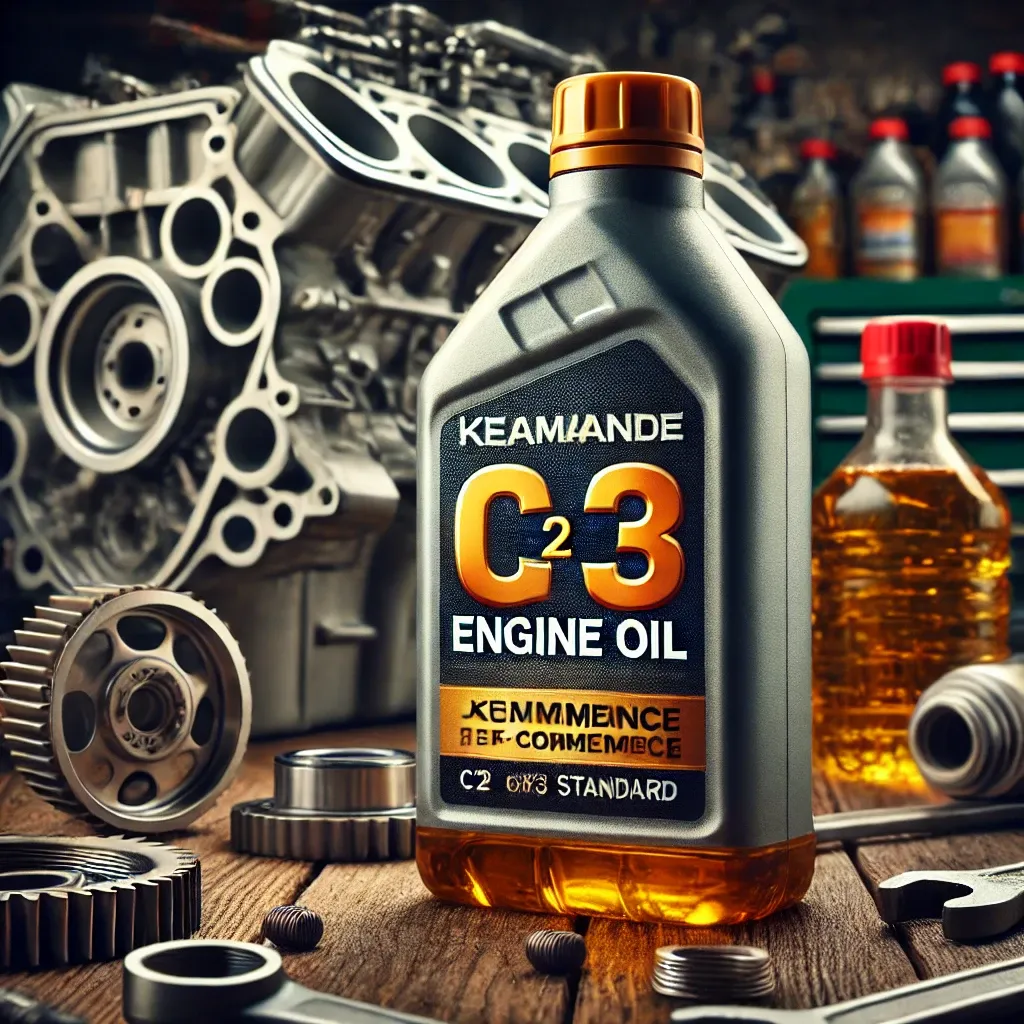The right engine oil is crucial for maintaining the performance and longevity of your car’s engine. When it comes to selecting the correct oil, the C2 and C3 standards are terms you might come across. But what do they mean, and how do they affect your choice of oil? In this article, we’ll break down the details of the Engine Oil C2 C3 standard, including what it is, how it differs from other standards, and why it’s important for your engine.
What exactly is the C2 C3 engine oil standard, and how does it impact your car’s performance? Discover everything you need to know about these oil specifications, including their differences, benefits, and why you should care.
Understanding the C2 C3 Engine Oil Standard
Engine oils are graded by various industry standards, with the C2 C3 standard being one of the most common classifications. The C2 and C3 designations indicate the oil’s performance in certain conditions, such as fuel efficiency and emissions control. But what exactly does this mean for your vehicle?
1. C2 Oil Standard
The C2 oil standard is designed for cars that have low friction engines, typically found in vehicles with small displacement engines or hybrid engines. These oils are engineered to provide better fuel economy by reducing friction inside the engine. They are also optimized for emissions systems, including catalytic converters and particulate filters, which is essential for meeting stricter environmental regulations.
Some key features of C2 oils include:
-
Fuel efficiency Low friction properties contribute to better mileage.
-
Emissions control Designed to work efficiently with modern emission systems like DPFs (Diesel Particulate Filters).
-
Longer engine life Helps in minimizing wear and tear on engine components.
2. C3 Oil Standard
The C3 oil standard, on the other hand, is more commonly used in diesel and petrol engines. These oils provide a more balanced approach between fuel efficiency and engine protection. C3 oils have enhanced anti-wear properties, which makes them suitable for engines that demand high protection due to heavy-duty usage or higher performance engines.
Key characteristics of C3 oils include:
-
Better engine protection Offers superior wear protection for engines under heavy load.
-
Compatible with DPFs Like C2, C3 oils are also suited for modern vehicles with Diesel Particulate Filters.
-
Improved engine cleanliness Reduces the build-up of sludge and deposits inside the engine.
3. The C2 C3 Difference
While C2 oils prioritize fuel economy and emission control, C3 oils are built for better overall engine protection, particularly in more demanding engine environments. The differences between these two standards are important when selecting the right oil for your vehicle.
Fuel Economy vs. Engine Protection
-
C2 oils may offer better fuel economy, which can be ideal for cars focused on maximizing mileage, especially in smaller or hybrid engines.
-
C3 oils are more suited for vehicles with higher performance engines or for those that experience more frequent heavy-duty conditions. C3 oils offer better protection against engine wear, which makes them ideal for long-term engine health.
4. Choosing the Right Oil for Your Vehicle
When selecting engine oil, it’s essential to consider your vehicle’s manufacturer recommendations. Both C2 and C3 oils are formulated for specific types of driving and engine configurations. It’s important to consult your vehicle’s manual or consult with a professional to ensure you are using the oil that meets the needs of your engine.
To make the right choice:
-
Hybrid or fuel-efficient cars Look for C2 oils.
-
Heavy-duty or high-performance engines Opt for C3 oils.
Key Benefits of C2 C3 Standard Oils
Engine oils that meet the C2 C3 standards provide several advantages for car owners, particularly for those with modern vehicles that prioritize fuel economy and emissions control. Let’s dive deeper into how these oils benefit both the environment and your engine.
1. Reduced Environmental Impact
One of the standout features of oils that meet the C2 and C3 standards is their ability to help reduce the environmental footprint of vehicles. These oils are optimized for low emissions and help keep modern emission control systems functioning efficiently. By using oils that are compliant with C2 or C3 standards, you contribute to:
-
Lower CO2 emissions
-
Reduced particulate matter
-
Enhanced fuel economy, which ultimately decreases the amount of fuel consumed by your vehicle.
2. Enhanced Engine Performance
Another significant benefit of C2 C3 oils is their contribution to the overall performance and longevity of your engine. By reducing friction, these oils help ensure that the engine operates smoothly, even under stress. This can lead to:
-
Better acceleration
-
Smoother driving experience
-
Improved engine responsiveness, especially in hybrid vehicles where powertrain efficiency is crucial.
3. Cost Savings in the Long Run
While C2 and C3 oils may be priced slightly higher than conventional oils, they often provide cost savings over time due to their extended oil change intervals and superior engine protection. Fewer oil changes can save both money and time, especially when the oil helps to maintain the overall health of your engine and improve fuel efficiency.
Conclusion: Why the C2 C3 Standard Matters
Choosing the right engine oil is an important decision that can have long-lasting effects on your car’s performance, efficiency, and overall engine health. The C2 C3 standard helps car owners achieve a balance between fuel efficiency and engine protection. Whether you’re driving a hybrid vehicle that demands high fuel economy or a performance engine that requires better protection, understanding the difference between C2 and C3 oils can help you make an informed decision.
By using the right oil, you not only ensure your vehicle runs optimally but also contribute to a cleaner, more efficient automotive ecosystem. Always check your car’s manual for the recommended oil type and don’t hesitate to consult with a professional mechanic when in doubt.
As the famous quote goes, “An ounce of prevention is worth a pound of cure.” Taking the time to select the right engine oil now will save you from costly repairs and maintenance down the road.






